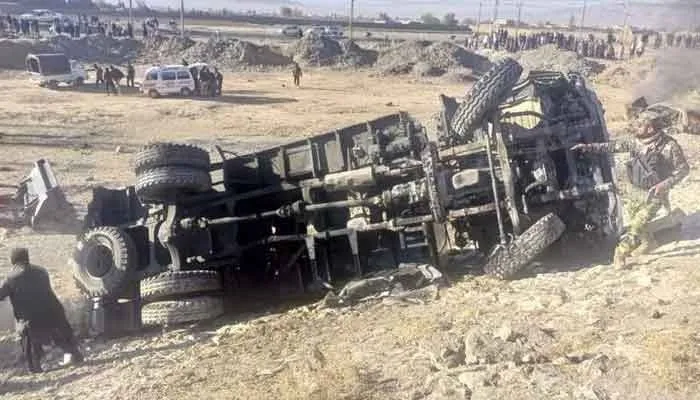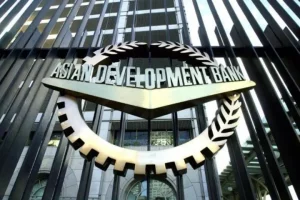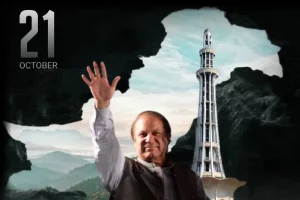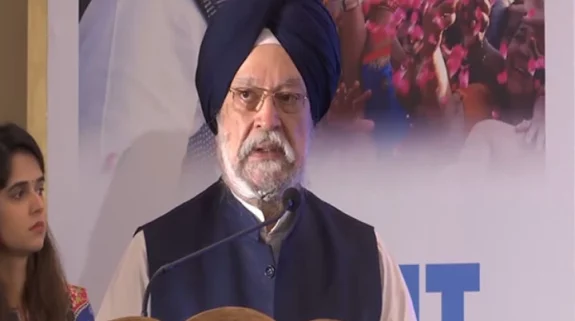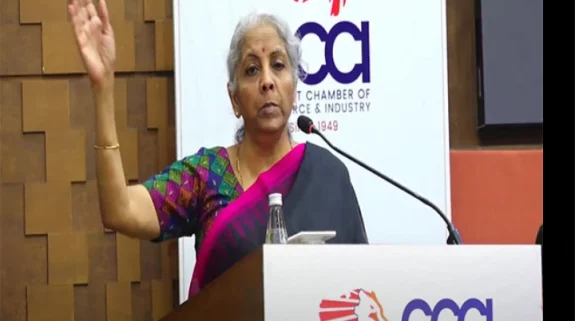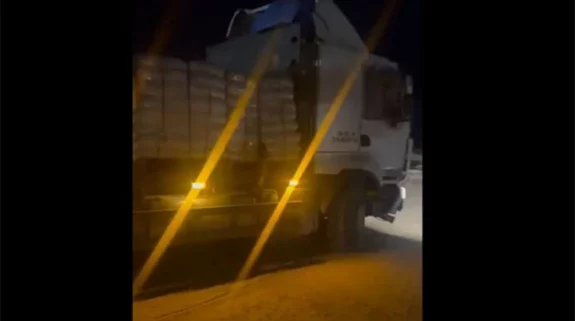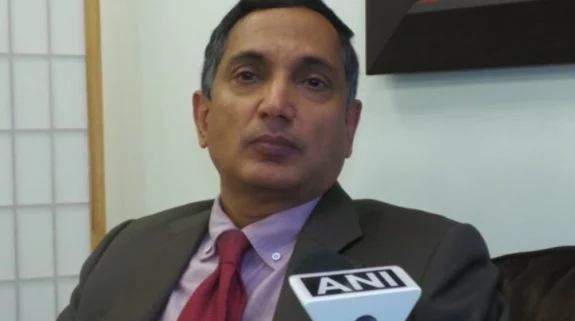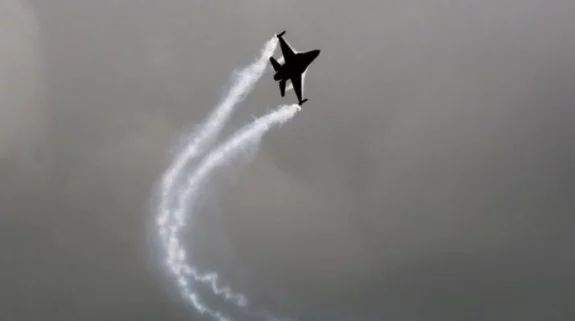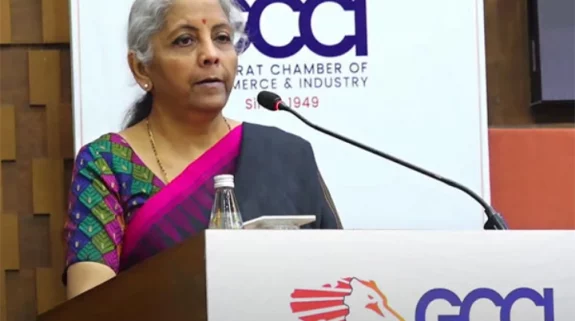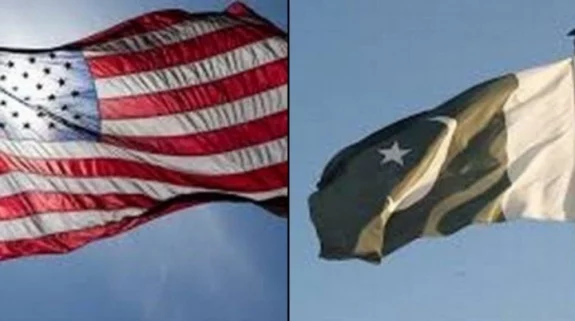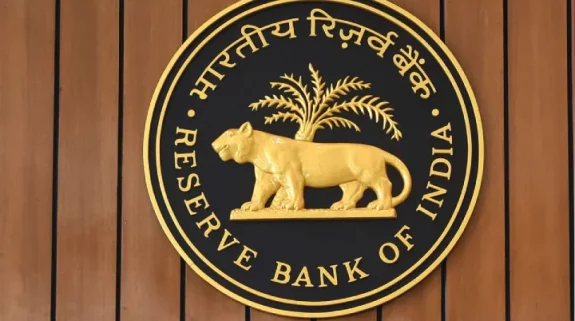Pakistan, which is currently battling several challenges on the economic front arising from the aftermath of the Covid pandemic, ongoing Russia-Ukraine war and the recent catastrophic floods will now have to deal with rising threats from the Tehreek -i-Taliban Pakistan (TTP), especially after the Friday bomb blast. The TTP has already developed a multi thronged approach with an expanded recruitment policy. The declining security situation will dampen sentiments for foreign investors including Pakistan’s close allies including China and Saudi Arabia.
Earlier, the TTP carried out a suicide attack in Quetta as well. The incident left at least four people dead and several others wounded.
“The deteriorating security situation could scare off foreign companies and they could be forced to pull out their investments [from the country],” he told DW. “This would deal a severe blow to an already crippled economy,” Deutsche Welle quoted Ghulam Mustafa, a Lahore-based security analyst and former military official as saying.
The attack may dent the China Pakistan Economic Corridor (CPEC) project as well, he said.
Foreign direct investment into Pakistan is already thinning. In November, Pakistan’s net FDI inflow stood at $81.8 million — a drop of 48 per cent dip compared to $158.4 million in the corresponding month in 2022, State Bank of Pakistan data revealed.
Rating agencies have been downgrading Pakistan. Recently, S&P Global Ratings further downgraded Pakistan’s long term sovereign credit rating to ‘CCC+’ from ‘B-‘. Pakistan, foreign exchange reserves which are already under $7 billion level will continue to remain under pressure in the coming year as well, S&P said in a statement. At present Pakistan’s foreign exchange reserves are at $6.1 billion.
“Shehbaz Sharif will have to address issues and threats relating to TTP..the biggest threat for Pakistan is TTP and that will impact the economy as well,” Anil Trigunayat, former ambassador and Distinguished Fellow at Vivekananda International Foundation earlier told India Narrative.
But instead of focusing on the economic crisis, the country’s politicians have been engaged in a bitter power struggle, Deutsche Welle said in a report.
According to the European Foundation for South Asian Studies (EFSAS), the TTP’s renewed rise, enabled by the Taliban’s steadfast support, will also expand the threat of terrorist attacks in Pakistan, including against civilian targets. The report said that Pakistan’s policy options are ultimately limited in effectively containing the TTP, which notably was responsible for the gruesome Peshawar school attack in 2014.
“Since August 2021 it has become evident that Pakistani authorities have overestimated their influence over the Taliban and underestimated the degree to which the Taliban are willing to assert their role as an independent regional and international actor,” it said.
Also read: Pakistan Taliban’s offensive from Khyber Pakhtunkhwa now reaches Islamabad






